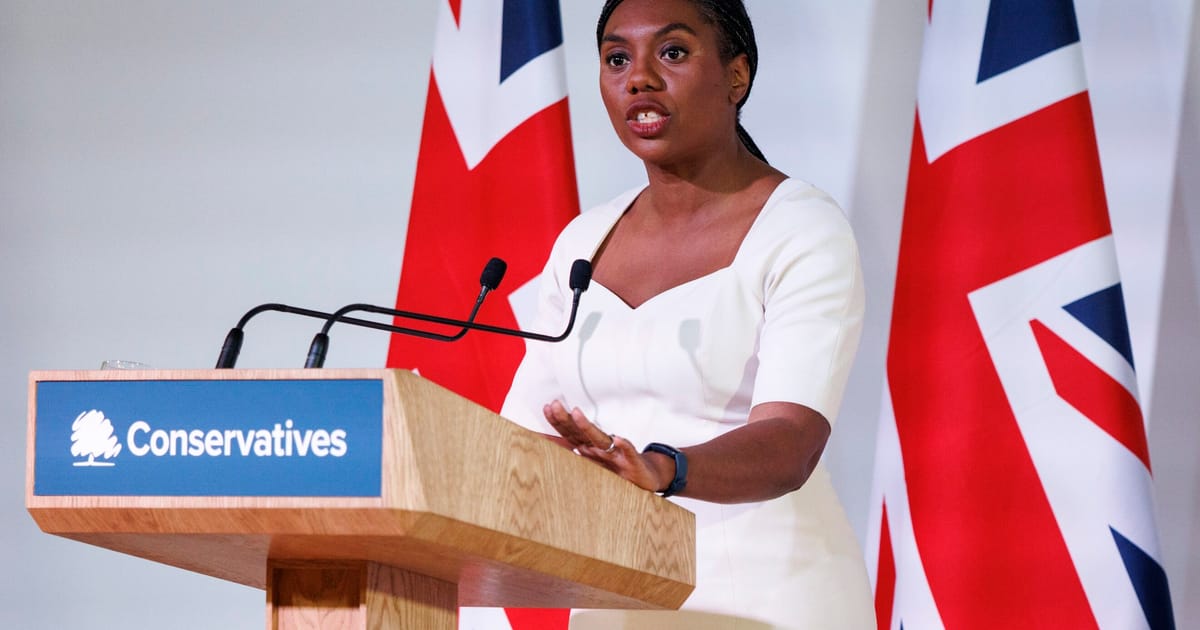Beyond the Commons walls: The scandal could hardly be more poorly timed. Starmer earlier condemned Moscow’s “unprecedented attack” on NATO member Poland and said the government would “ramp up the pressure on [Vladimir] Putin.”
The confidence trap: Putin’s actions, Badenoch stressed, meant an ambassador “fully focused on this issue” was required. So did the PM have “full confidence” in Mandelson? Starmer said he did, adding that Epstein was a “despicable criminal who committed the most heinous crimes.”
Keep your friends close: The Tory leader argued Starmer’s sympathy for the victims rang hollow, given some have already called for Mandelson to be sacked. She tried another angle, probing Starmer on whether he knew about their “intimate relationship” when choosing him for the plum diplomatic role.
By the book: Starmer’s lawyerly tone kicked in. “Full due process was followed” during the selection process, he argued — a non-answer which led Badenoch to imply “he probably did know” about the friendship. She flagged a Telegraph scoop suggesting Epstein brokered a deal with Mandelson while the latter was business secretary — and the financier only just out of prison.
Special relationship: The PM again skirted over specifics, instead reinforcing the close relationship between the two nations and backing Mandelson. “That is a disgrace,” Badenoch argued, asking whether docs on Mandelson’s vetting for the Washington job would be published. Starmer donned his lawyer wig once more, saying that was “subject to the usual procedure.” What that was remains anyone’s guess.
Judgment day: “He’s talking about process. This is not about process,” Badenoch cried, “this is about judgment.” When Starmer last gave backing to one of his team — ex-Deputy PM Angela Rayner — she subsequently resigned, Badenoch pointed out. Starmer just said Mandelson was core to diplomatic efforts.

